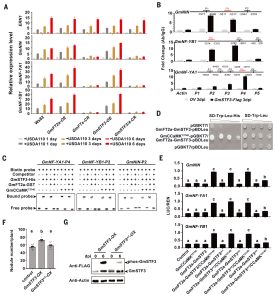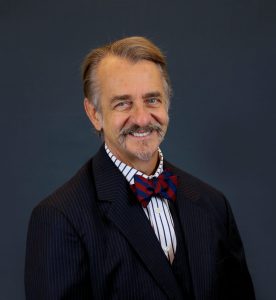Last month, a millipede expert in Denmark received an email notifying him that one of his publications had been mentioned in a new manuscript on Preprints.org. But when the researcher, Henrik Enghoff, downloaded the paper, he learned that it cited his work for something off-topic.
Stranger still, the authors of the now-withdrawn preprint, a group of researchers in China and Africa, also referenced two papers by Enghoff that he knew he hadn’t written. It turned out they didn’t exist.
“I’ve never had anything like this happen before,” Enghoff, a professor at the Natural History Museum of Denmark, in Copenhagen, told Retraction Watch.
Continue reading Publisher blacklists authors after preprint cites made-up studies








